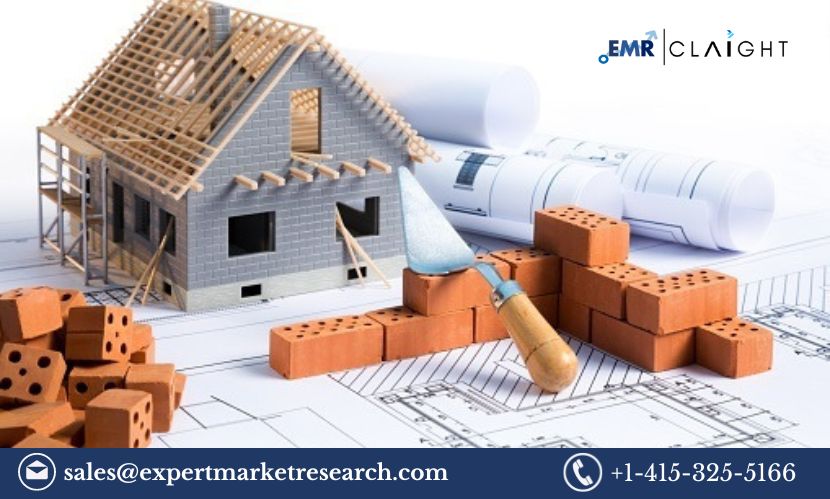Home inspections are a critical step in the real estate process, offering potential homeowners a comprehensive look into a property’s condition. As a home inspector in Virginia navigate through a property, they uncover insights that can save homeowners thousands of dollars and prevent future headaches. Understanding the intricate details of a home inspection can empower buyers and sellers alike to make informed decisions about their real estate investments.
The Importance of Home Inspections in Virginia
Virginia’s diverse architectural landscape and climate conditions make home inspections particularly crucial. From historic homes in Alexandria to modern constructions in Northern Virginia, each property presents unique challenges and potential issues that require careful examination.
Structural Integrity Matters
Assessing the structural integrity of the property is the foundation of any home inspection. Inspectors carefully examine the home’s core elements, looking for signs of potential problems that could compromise the building’s safety and longevity.
Comprehensive Examination of Exterior Elements
Home inspectors in Virginia meticulously assess a property’s exterior, understanding that Virginia’s climate can be particularly challenging for building materials.
Roof Inspection
The roof represents one of a home’s most critical protective system elements. Inspectors look for multiple indicators of potential issues, including:
- Signs of water damage
- Shingle condition and potential deterioration
- Flashing integrity
- Potential structural weaknesses
- Evidence of previous repairs
Foundation Assessment
Virginia’s varied terrain can create unique challenges for home foundations. Inspectors carefully examine foundation walls, looking for:
- Horizontal or vertical cracks
- Signs of water intrusion
- Potential structural settlement
- Evidence of past repairs or modifications
Interior Systems Evaluation
Beyond the visible surfaces, home inspectors dive deep into the home’s internal systems, ensuring everything functions safely and efficiently.
Electrical System Analysis
A thorough electrical system review involves more than just checking outlets. Inspectors examine:
- Electrical panel condition
- Wiring integrity
- Potential safety hazards
- Compliance with current electrical codes
- Signs of outdated or potentially dangerous electrical installations
Plumbing System Examination
Virginia’s older homes often come with complex plumbing systems that require careful inspection. Inspectors assess:
- Pipe materials and condition
- Water pressure
- Potential leak indicators
- Drainage system functionality
- Water heater performance and age
HVAC System Inspection
Heating, ventilation, and air conditioning systems are crucial in Virginia’s climate, which experiences both hot summers and occasionally cold winters.
Comprehensive System Assessment
Inspectors evaluate the HVAC system’s overall condition, looking at:
- Age of the system
- Maintenance history
- Potential efficiency issues
- Signs of wear or potential future replacement needs
- Proper installation and functionality
Moisture and Water Intrusion Detection
Virginia’s humid climate and occasional heavy rainfall make moisture detection a critical aspect of home inspections.
Advanced Moisture Evaluation Techniques
Inspectors use specialized tools to detect potential moisture-related issues, including:
- Infrared cameras
- Moisture meters
- Visual assessment of potential water damage
- Examination of potential water intrusion points
Insulation and Energy Efficiency
With increasing focus on energy efficiency, home inspectors pay close attention to a property’s insulation and potential energy-saving opportunities.
Comprehensive Energy Assessment
Inspectors examine:
- Insulation quality in walls and attic
- Potential air leakage points
- Window and door seal effectiveness
- Overall energy efficiency potential
Special Considerations for Virginia Properties
Historic Home Challenges
Virginia boasts numerous historic properties that require specialized inspection techniques. Inspectors must balance preserving historical integrity with identifying potential safety and structural issues.
Coastal and Flood-Prone Areas
Properties near Virginia’s coastal regions or in flood-prone areas require additional scrutiny. Inspectors look for:
- Flood mitigation features
- Potential water damage indicators
- Structural modifications for environmental challenges
Environmental Concerns
Radon and Mold Detection
Virginia’s geological and climate conditions can create environments conducive to radon and mold growth. Home inspectors conduct specialized tests to identify potential environmental risks.
Legal and Regulatory Compliance
Virginia-Specific Building Codes
Home inspectors must be well-versed in Virginia’s specific building codes and regulations, ensuring properties meet all local and state requirements.
Technology in Modern Home Inspections
Advanced Diagnostic Tools
Contemporary home inspections leverage cutting-edge technology, including:
- Thermal imaging cameras
- Drone technology for roof inspections
- Advanced moisture detection equipment
Understanding Inspection Reports
Interpreting the Findings
A home inspection report provides a comprehensive overview of a property’s condition. Understanding how to read and interpret these reports is crucial for potential buyers and sellers.
Preparing for a Home Inspection
Homeowner’s Perspective
While inspectors conduct the assessment, homeowners can take steps to facilitate a smooth inspection process.
Conclusion
A home inspection is more than a simple checklist – it’s a comprehensive evaluation of a property’s condition, safety, and potential future maintenance needs. For potential homeowners in Virginia, understanding the depth and breadth of a professional home inspection can provide peace of mind and critical insights into their real estate investment.
Knowledge is power, and a thorough home inspection arms buyers with the information needed to make confident, informed decisions about their future home.

